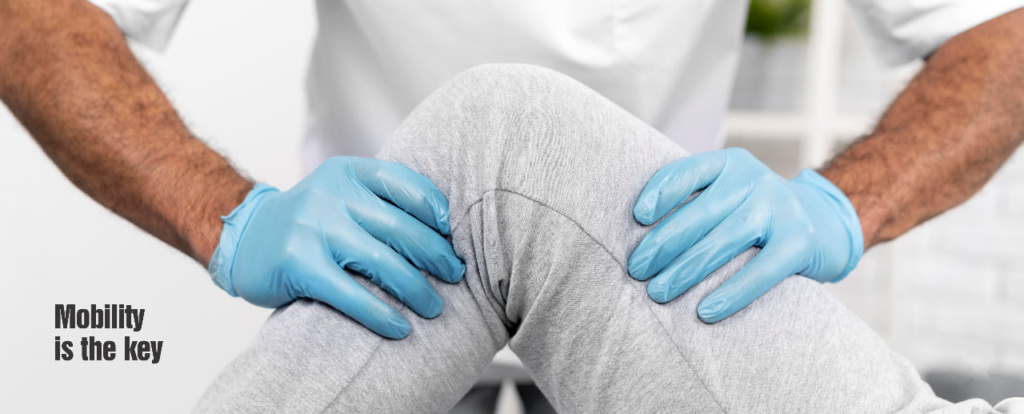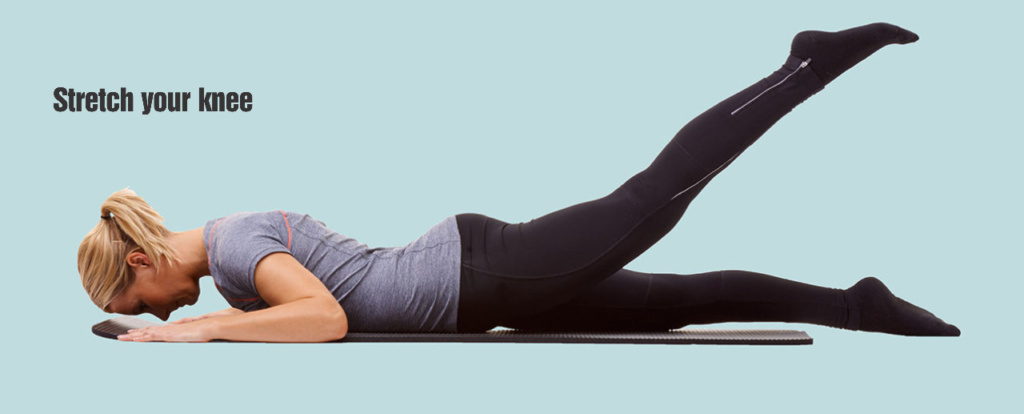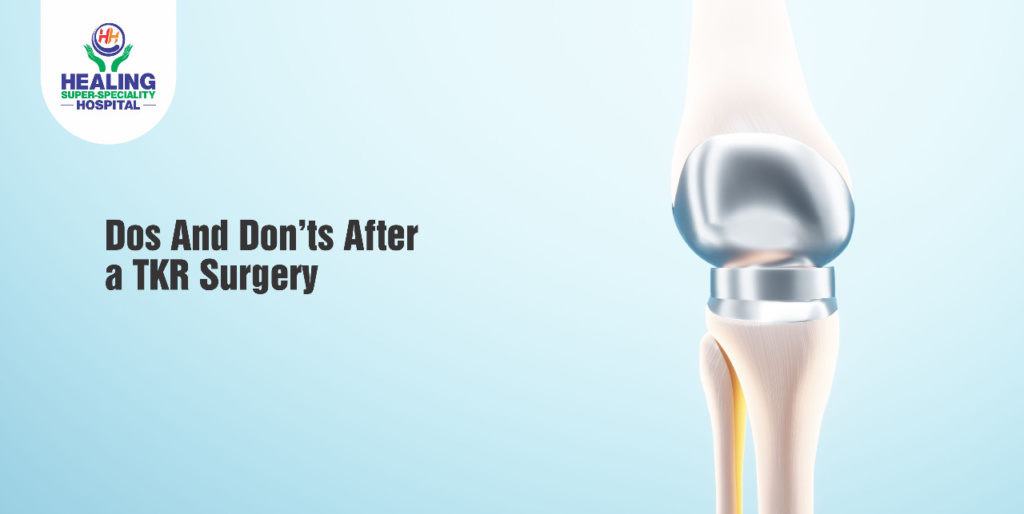A Total Knee Replacement (TKR) surgery involves replacement of damaged portions of the knee joint with artificial implants. This assists in improving range of motion of the knee joint and also diminishes the knee pain. However, TKR is a major surgery and a lot of post-operative care is essential so that the patient recovers well and is back on his/her feet as soon as possible.
There are certain dos and don’ts that need to be followed. These are listed below:
DO’S:

Mobility is the key: It is imperative to keep moving during the healing process so that you are able to resume your normal routine at a quicker pace. Your physical therapist will guide you about the activity level you need to follow after the knee replacement surgery.
Ice packs: Icing is very useful in managing pain and swelling after the total knee replacement surgery. Your knee surgeon will give you instructions regarding the time and duration of icing following the surgical procedure.

Stretch your knee: It is essential that you keep stretching your knee throughout the day during the recovery phase. If you do not stretch your knee at all, there is a high risk of developing joint adhesions that can restrict your knee movement. You can also start limping and get a consistent knee pain that refuses to go away.
Use compression stockings: In case your orthopedic surgeon has recommended compression stockings, it is important to use them so as to prevent blood clots in the legs.
Use assistive devices: Your health provider will recommend assistive devices such as walkers or cane sticks post-surgery so that it is safe for you to walk during the initial recovery period. Using assistance will not put unnecessary pressure on your recovering tissues and help you develop a stable walking pattern.
DON’TS:
Don’t strain yourself: All the physical activity recommended by your physical therapist should not be done in one go. You need to spread out your activity schedule throughout the day so as to decrease the risk of inflammation and pain in the knee.
Do not bend your knee: Although you might feel the most comfortable in bending your knee while sitting, it is not recommended during the recovery period. Inadequate stretching can lead to formation of scar tissue and cause a lingering knee pain.
Do not engage in unsafe activities: After TKR, you might feel the urge to perform all the daily routine activities on your own. But is important you do only those activities that are safe for you. Although you might find it frustrating to cope with limited mobility, it is crucial to stay patient and listen to your doctor.
Do not avoid assistive devices: Avoiding assistive devices can lead to a limp or an uneven style of walking that can be hard to correct. Therefore, follow your doctor and physical therapist’s guidance and use assistive devices till you are advised to walk without them.
Do not delay TKR: Delaying TKR can have negative consequences on the rest of your body. Since the degeneration of bones cannot be reversed, it is best to consult an experienced orthopedic doctor before reaching an advanced stage of knee debilitation.
FOR MORE INFORMATION AND APPOINTMENT CALL:
0172-5088883, +91 9464343434
























